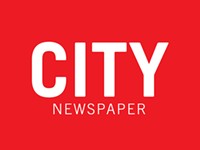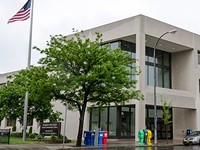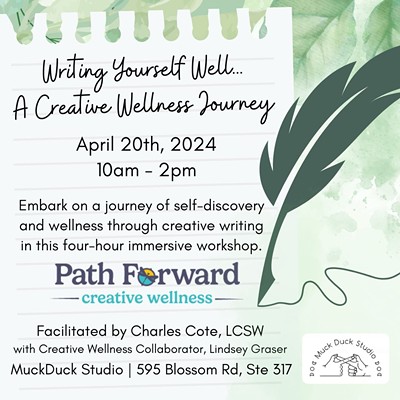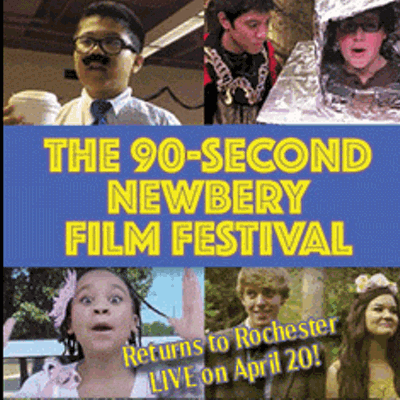[
{
"name": "500x250 Ad",
"insertPoint": "5",
"component": "15667920",
"parentWrapperClass": "",
"requiredCountToDisplay": "1"
}
]
When I was in seventh grade, math class in our public school opened the same way every Monday: with the teacher asking us to raise our hand if we had gone to Sunday school and church the day before.
Good little girl that I was, I went to Sunday school and church every week. So I always raised my hand. The grilling made me nervous, though. And the teacher's stern, authoritative personality didn't help. What if a Monday came and I hadn't gone to church? What did the teacher think about students who didn't raise their hand?
Technically, the teacher wasn't coercing us. I don't remember him ever saying anything about the students who didn't raise their hand. He just went on with the class. But boy, the whole thing felt like coercion.
The issue of prayer in a public setting, and the question of whether it involves coercion, is being argued this week before the Supreme Court. In the spotlight: our very own Town of Greece, whose Town Board has had a practice of opening its public meetings with prayer.
And not just any kind of prayer. Before 1999, the board's meetings had opened with a moment of silence. But in 1999, the board began inviting members of the clergy from the town to give a prayer. All of the clergy were Christian, and some of the prayers had specific Christian references.
In 2007, after some citizens complained, the board started inviting representatives of other religions. But that lasted for only four months. Then it was back to solely Christian clergy.
So two Greece residents took the board to court. They didn't ask that the board stop opening its meetings with prayer; they just wanted the prayers to be non-denominational. A federal Court of Appeals sided with them, and now the case is before the Supreme Court.
Prayer before legislative sessions has already been found constitutional; in a 1983 ruling, the Court said that the practice is "deeply embedded" in the nation's history. And the Court said that in the case before it, a chaplain's prayers before Nebraska legislative sessions didn't proselytize or advance a particular religious view.
Although the Greece Town Board insists that its prayers don't advance a particular religion, I'm not sure how it argues that with a straight face.
Besides, prayer – whether of a specific religion or not – is a religious act. Why should we want any governmental body to begin its public sessions with a religious act? If individual legislators want to have a prayer breakfast, a Bible study group... if they want to get together in private before a meeting and pray for religious guidance, that's their business. But by starting legislative sessions with prayer, they are injecting religion into public business.
(And by the way, as any good Bible-reading Christian knows, according to the Gospel of Matthew, Jesus himself told us not to pray in public. Here are the words attributed to Jesus: "And when thou prayest, thou shalt not be as the hypocrites are: for they love to pray standing in the synagogues and in the corners of the streets, that they may be seen of men.... when thou prayest, enter into thy closet and when thou has shut thy door, pray to thy Father which is in secret....")
In a 1984 case, Justice Sandra Day O'Connor warned that when a governmental body endorses a religion, it sends a message that non-believers are "outsiders, not full members of the political community." This is not a question of over-sensitivity to expressions of religious faith. It's a question of the rights of others, particularly those with minority views.
The Greece case is significant: if the Court rules in favor of the Town Board, it could open the door to broad expansion of religious intrusion into the public sphere, including religious displays on government property and aid to parochial schools. The Court could rule narrowly, of course. But given its conservative majority, I wouldn't bet on it.
Speaking of...
-
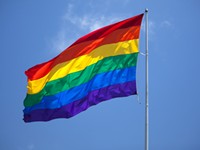
Pence drama illustrates core GOP problem
Apr 2, 2015 -

Feedback 7/23
Jul 23, 2014 -

An atheist in the Town of Greece
Jul 9, 2014 - More »
Latest in Urban Journal
More by Mary Anna Towler
-

Police reform: advocates on what should come next
Oct 22, 2019 -

Court clears the way for Police Accountability referendum
Oct 17, 2019 -
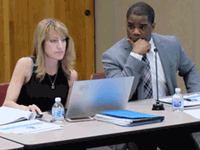
Dade outlines initial actions on district deficit
Oct 9, 2019 - More »

